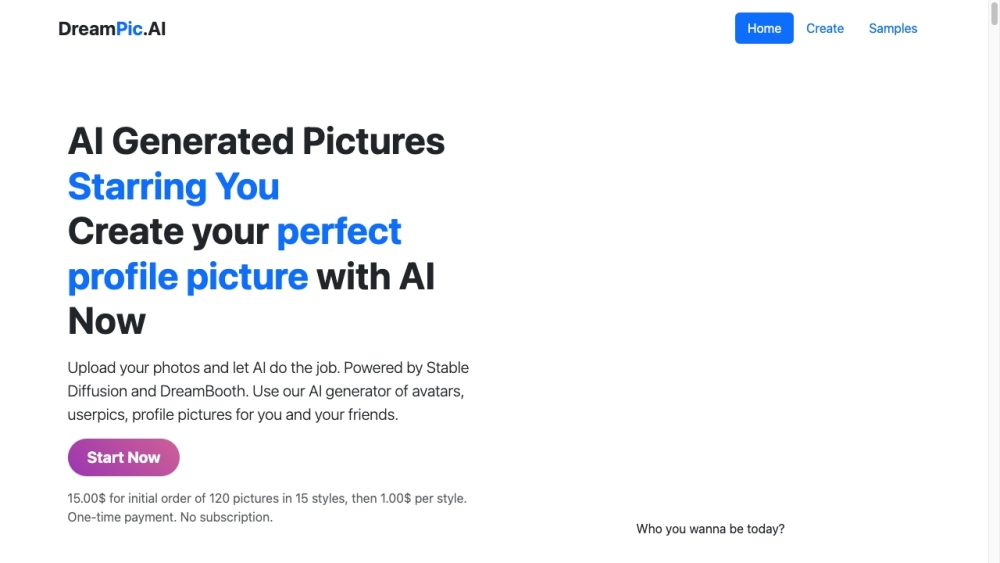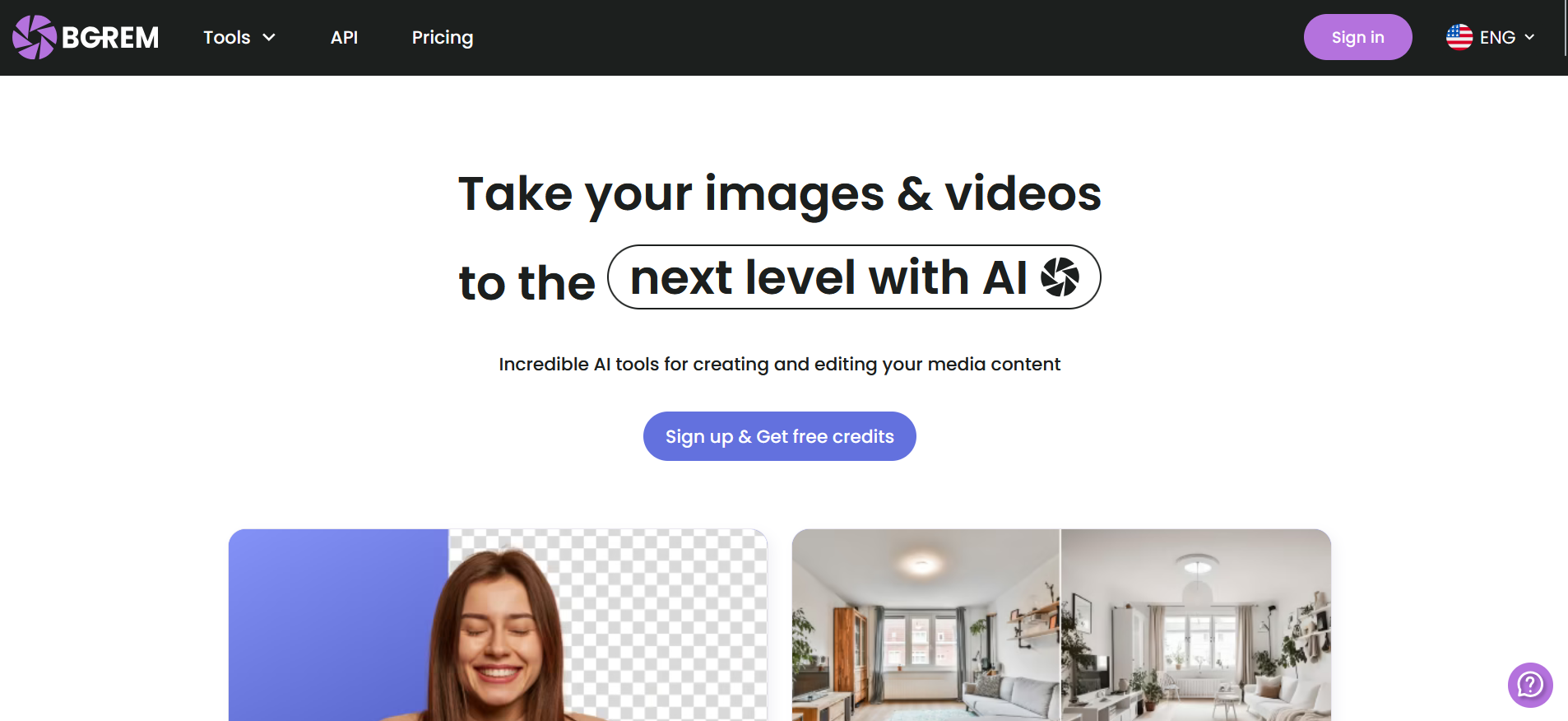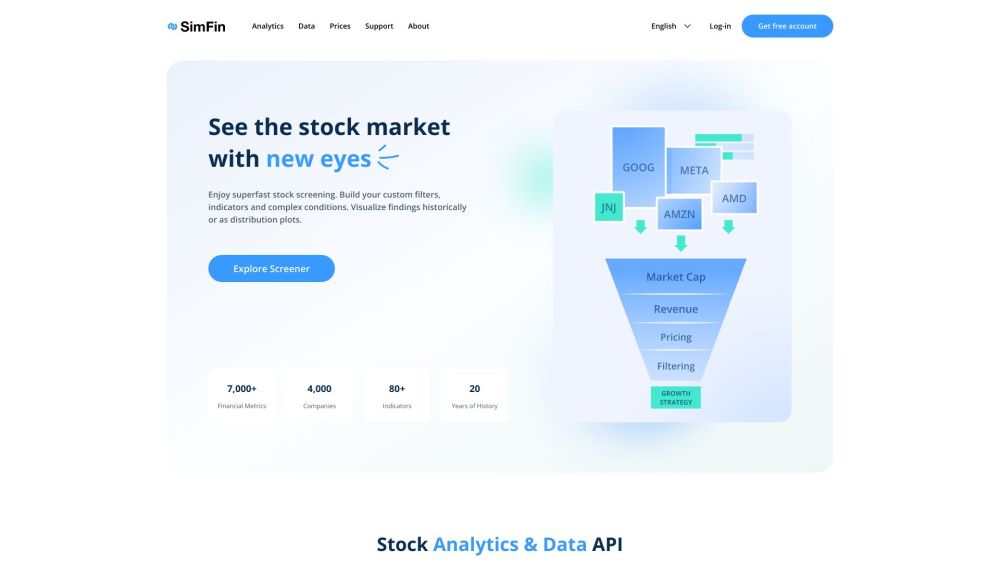OpenAI is committed to providing a free version of ChatGPT, ensuring accessibility for all users and fulfilling its mission to benefit humanity. During a recent fireside chat at SXSW 2024, Peter Deng, vice president of consumer and enterprise product at OpenAI, emphasized that this free access will be supported by the company's revenue from services offered to businesses. He also indicated that the capabilities of the free version would evolve and improve over time as technology advances.
This strategy resembles the approaches of leading tech companies like Google and Meta, which have made their core products, such as Google Search, Facebook, Instagram, and WhatsApp, freely available to the public. This open access not only democratizes technology but also significantly contributes to the growth and reach of these platforms, creating vast opportunities for advertisers. By providing a free version of generative AI, OpenAI aims to expand its user base, allowing individuals who may not be able to afford paid versions to explore the capabilities of AI. Deng remarked, “I’ve never seen a technology in my lifetime that’s this powerful and shows so much promise.” He views AI as a tool that empowers people to delve deeper into their interests and curiosities, enabling them to pursue what makes them distinctive.
Jeff Deng explained that ChatGPT is designed to be a helpful assistant and, in some situations, even a partner. For instance, he shared a hypothetical scenario in which AI could assist a legal team, reviewing testimonies in real time, cross-referencing past cases, and suggesting targeted questions for the attorney. This kind of integration highlights AI’s potential to augment human capabilities.
In the healthcare sector, Deng relayed the poignant story of a mother who had consulted 17 doctors over three years regarding her son's condition without finding a solution. When she turned to ChatGPT for assistance, she was able to obtain the critical information needed for her son to receive the appropriate surgical intervention, leading to improved health outcomes.
Deng referenced a study by BCG published in Harvard Business Review, which demonstrated that when employees utilized ChatGPT, high performers saw a 17% boost in productivity, while those categorized as bottom performers experienced an astonishing 43% increase. This underscores the potential for AI to elevate performance across the board.
Another significant advantage of AI, according to Deng, is its capacity to create cognitive space for individuals who often feel overwhelmed by their daily responsibilities. By automating routine tasks, AI empowers people to engage in higher-order thinking and creative problem-solving. Deng believes that stepping back from routine activities is crucial for fostering innovative thought, and he envisions AI becoming increasingly personalized, learning from individual users and their unique data to deliver tailored responses.
Deng reassured attendees that ChatGPT’s adaptive nature extends to learning users' values over time, ensuring cultural sensitivity and avoiding prescriptive biases. “We work with teams worldwide and engage with governments everywhere to understand our users better,” he said. He reiterated that OpenAI's mission is rooted in benefiting all of humanity, not just specific demographic groups.
Looking ahead, Deng envisions a future where AI becomes an integral part of daily life, with users less concerned about whether a piece of content was generated by AI, similar to current perceptions of tools like Adobe Photoshop and Grammarly. He explained that these tools enhance human creativity without igniting debate, a trend he anticipates will extend to generative AI.
However, in the short term, identifying AI-generated content is crucial, particularly with the approaching 2024 election year. OpenAI's initiative to implement metadata tagging for images created by ChatGPT, utilizing the DALL-E 3 image generation model, is a step in this direction.
In the ongoing discussion about the pace of AI development, Deng advocates for a balanced approach. "Release the technology while ensuring appropriate safeguards are in place,” he urged, endorsing an iterative process that allows for gradual improvements. He believes this strategy represents the safest path forward for advancing technological innovation.




